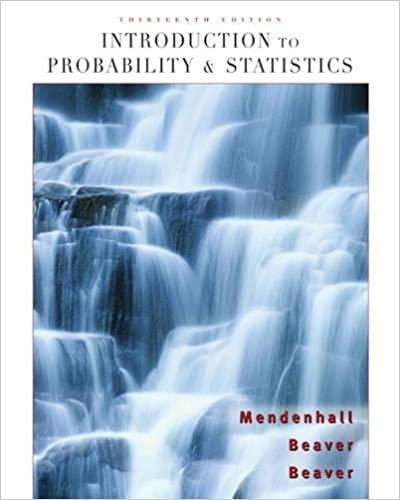Question
22. The Constitution delegates which of the following powers to the President? a. The power to regulate commerce among the states b. The power to
22. The Constitution delegates which of the following powers to the President?
a. The power to regulate commerce among the states
b. The power to command the armed forces.
c. The power to declare war.
d. All of the above.
23. Suppose Congress passes a law which conflicts with the state constitution of Georgia. Which takes
precedence—the U.S. law or the Georgia law?
a. The Georgia Constitution, because of the tenth Amendment
b. The Georgia Constitution, because all the constitutions take precedence over all laws
c. The U.S. law, because of the delegated powers
d. The U.S. law, because of the National Supremacy Clause
24. In practice, which of the following officials is the most important leader in the U.S. Senate?
a. Speaker of the House
b. Senate president pro tempore
c. Senate Majority leader
d. Vice President.
25. How is the Senate Majority leader selected?
a. By vote of the members of the majority party in the Senate
b. By popular vote in a national election
c. By the President
d. He or she is the longest served member of the majority party in the Senate
26. In the current Congress, which of the following individuals is a Republican?
a. Senate Majority leader
b. Speaker of the House
c. President of the Unites States of America
d. The Vice President of the United States of America
27. Which of the following statements about constitutional rights is true?
a. All rights are equally important.
b. Rights are absolute, meaning that government cannot abridge rights guaranteed by the
Constitution.
c. State constitutions can guarantee more rights than those found in the federal constitution.
d. All of the above.
28. Which of the following statements is true regarding a right to privacy?
a. The first amendment guarantees people the right to privacy.
b. The Supreme Court has interpreted various provisions of the Bill of Rights to create "zones of
privacy."
c. A right to privacy is the basis for Brown v. Board of Education.
d. All of the above.
Step by Step Solution
3.37 Rating (163 Votes )
There are 3 Steps involved in it
Step: 1
22 The constitution explicitly assigns the president the power to sign or veto legislationcommand the armed forcesask for the written opinion of their ...
Get Instant Access to Expert-Tailored Solutions
See step-by-step solutions with expert insights and AI powered tools for academic success
Step: 2

Step: 3

Ace Your Homework with AI
Get the answers you need in no time with our AI-driven, step-by-step assistance
Get Started


